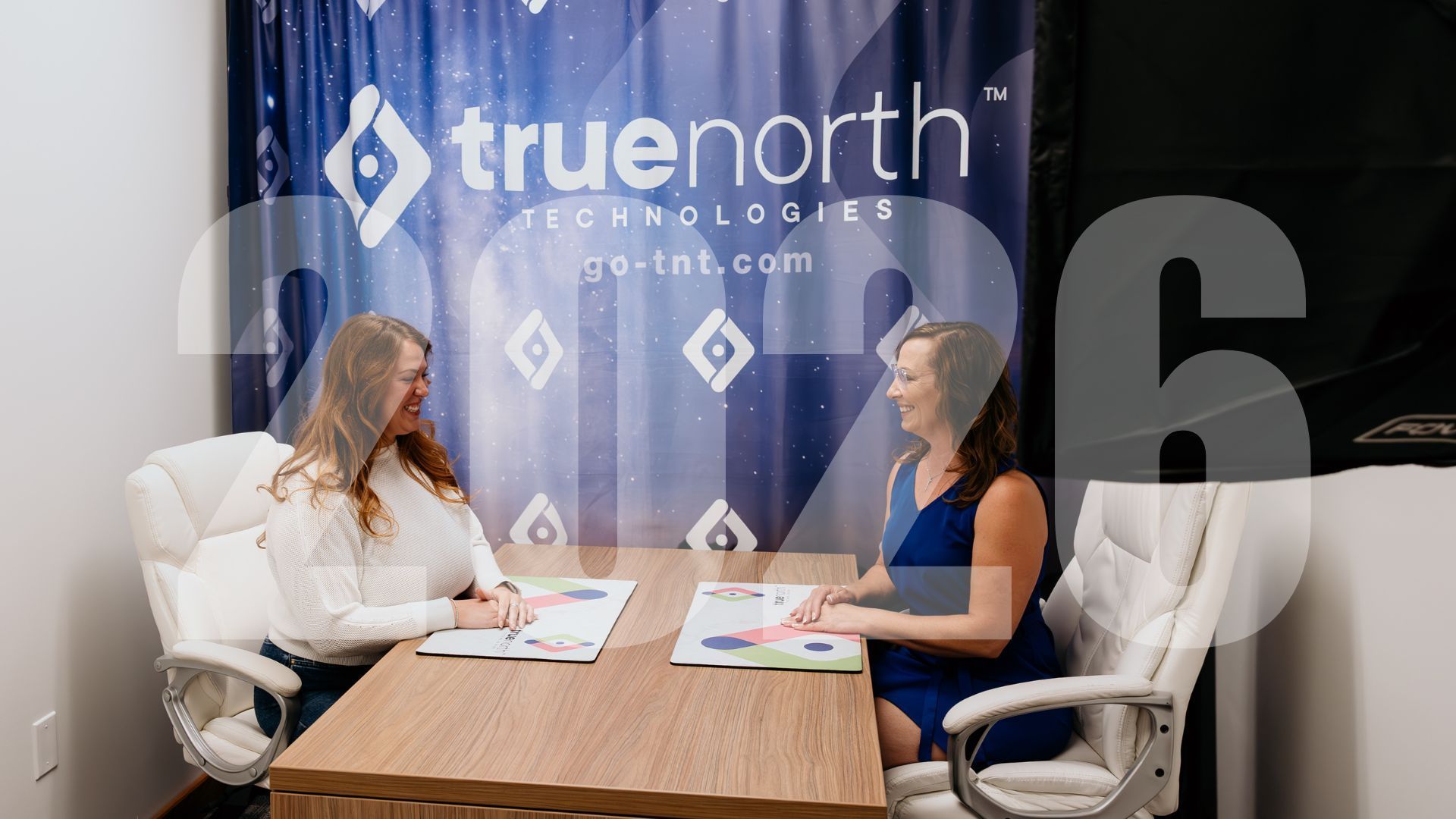Search engine optimization (SEO) is vital for improving organic website traffic. It’s a long-term strategy for signaling authority to search engines like Google. This involves applying various on-page and off-page adjustments that show a website is active, informative, and trustworthy. One key component of any good SEO strategy is keyword research. Keywords are what webpages rank for when users search for answers on Google. Let’s take a closer look at how to find keywords for SEO.
What Are Keywords?
As you may know, Google is the world’s leading search engine. It sifts through the internet to find the most active, authoritative domains, then helps users find them easily. Google does this by ranking websites based on hundreds of factors, including load time, mobile optimization, and featured keywords.
Keywords and keyphrases are simply the terms most relevant to a certain topic or concept. For example, let’s say you’re searching for popular Italian restaurants in your city. “Italian” would certainly be a relevant keyword, but it may not be narrow enough. If Google doesn’t know your device’s location, you will likely be served nationwide results alongside the language’s Wikipedia page. Swing and a miss. However, searching “Italian restaurants” will eliminate some irrelevant results. The best search would be something like “Italian restaurants in Lincoln, Nebraska.” In this case, “Italian,” “restaurants,” “Lincoln,” and “Nebraska” are all relevant keywords. This simple example shows just how complex search engine algorithms truly are.
How to Do Keyword Research
Before you begin, contemplate your company, its products and services, as well as your ideal customer. Try to imagine their intent, motivation, and what they may be searching for online. Then, jot down any terms and topics that you think are good representations of your business. This will give you some direction when narrowing down the exact keywords most relevant to your company.
Effective keyword research takes some time and effort. Luckily, many free and paid online tools exist to aid with this process. Begin by reviewing which keywords each of your webpages ranks for right now using a rank checker. The Hoth makes this step easy, and you don’t even need to create an account first. Then, compare your website’s rankings to a handful of competitors, and see if there are any obvious gaps. You may find that you’re ranking for something they aren’t, or vice versa. This gap analysis will provide an insight into which keywords are most popular in your industry.
With this in mind, find a reliable keyword research tool. We prefer Moz, Ahrefs, Semrush, and The Hoth. Take your time to research relevant terms that represent your company and its products or services. Test out different variations by adding “s” or “ing” to see which makes the biggest impact. There are some key definitions to keep in mind, though. These include search volume and keyword difficulty, which Moz clearly defines in their SEO glossary. It may be helpful to create a spreadsheet containing the volume, competition, and cost-per-click (CPC) of popular terms. Revisit these tools at least monthly to track changes in trends, and refer back to your website’s rankings often. Over time, you’ll get a feel for what users are searching for and how you can best target these terms to attract their attention.
Find the Right Keywords to Boost Traffic
Keywords can make or break any website’s organic search traffic. This is because most online experiences begin with a search engine. Learning how to find keywords for SEO is half the battle. Knowing where to include them on your website is the other half. Not only are they important for Google, they can significantly improve user experience. Consumers expect your website to answer their questions, and if it doesn’t, they are likely to leave immediately.
You don’t have to be a web developer to learn how to find keywords for SEO. Anyone can do it by using various helpful online resources. If you have questions about what to do next, give us a call or reach out via email. We’ve helped dozens of companies improve their organic search traffic, and we can help you, too.
Latest Posts



